The forthcoming issue of Index on Censorship magazine explores anonymity through a range of in-depth features, interviews and illustrations from around the world.
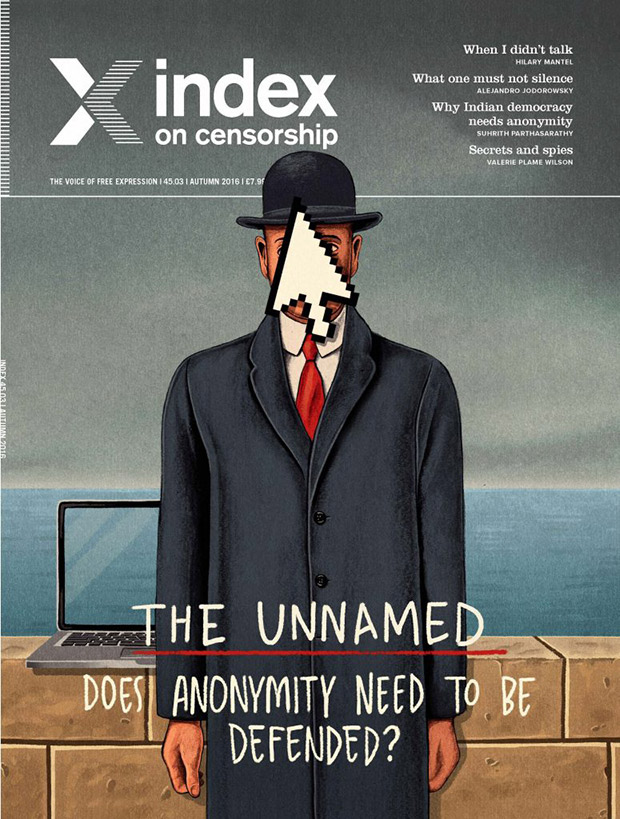

The forthcoming issue of Index on Censorship magazine explores anonymity through a range of in-depth features, interviews and illustrations from around the world.
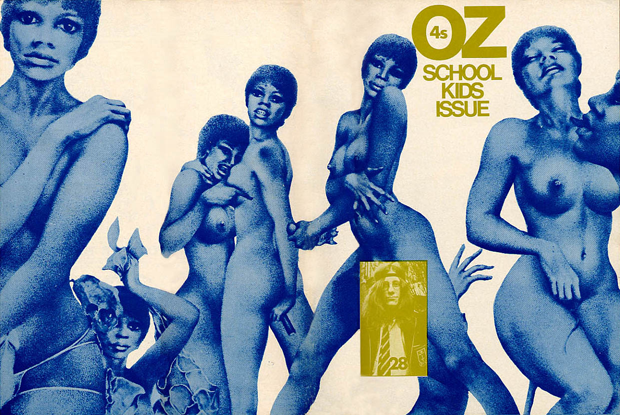
Richard Neville, who co-founded the 1960s counterculture magazine Oz, has died. The satirical magazine poked fun at socially-conservative Austrailia and tackled taboo subjects
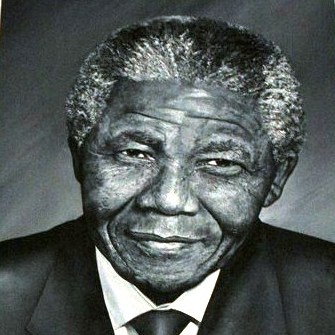
Today is Nelson Mandela International Day, a day to remember Mandela’s achievements in democracy, human rights and peace. Holly Raiborn
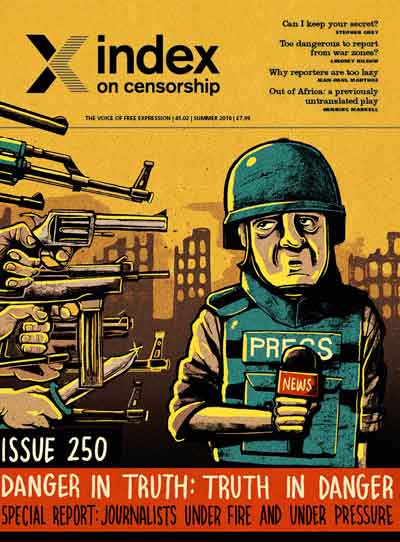
"Censorship is as much with us as it ever was," said author, lawyer and early Index supporter Louis Blom-Cooper, in a speech to mark the 250th issue of Index on Censorship magazine, during its launch at London's magCulture on Tuesday 12 July. The...
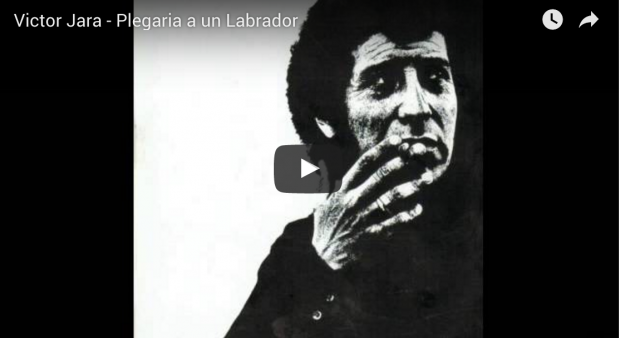
Norwegian musician Moddi’s upcoming Unsongs compiles songs from across the world that have been banned. Index has put together a playlist of the songs included in the album

The family of murdered journalist and Sunday Times correspondent Marie Colvin has filed a lawsuit against the Syrian government
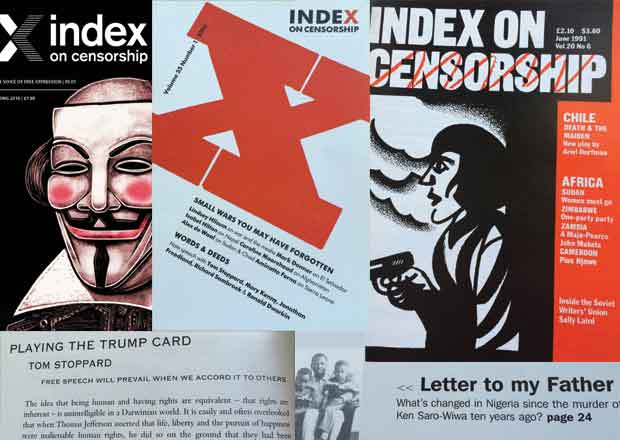
To mark the 250th issue of Index on Censorship magazine, we asked some of our contributors to nominate standout features from the publication’s long history

Spiegel Online’s managing editor Matthias Streitz and Privacy International technologist Richard Tynan go head to head to debate the rise of ad-blockers
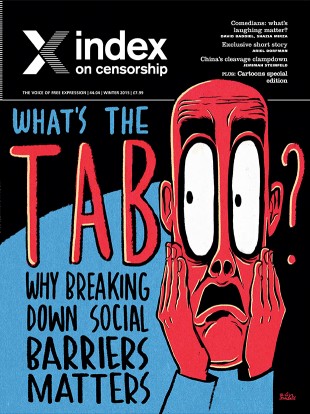
Do taboos play an essential role in culture and society, or must we simply get rid of them? Index on Censorship magazine editor Rachael Jolley spoke on the topic at Fritt Ord headquarters

Yassin Juma is an extraordinary journalist, who has taken great personal risk to get the story of what is happening in the war that is being waged in Somalia against Al-Shabaab
A quarterly journal set up in 1972, Index on Censorship magazine has published oppressed writers and refused to be silenced across hundreds of issues.
The brainchild of the poet Stephen Spender, and translator Michael Scammell, the magazine’s very first issue included a never-before-published poem, written while serving a sentence in a labour camp, by the Soviet dissident Aleksandr Solzhenitsyn, who went on to win a Nobel prize later that year.
The magazine continued to be a thorn in the side of Soviet censors, but its scope was far wider. From the beginning, Index declared its mission to stand up for free expression as a fundamental human right for people everywhere – it was particularly vocal in its coverage of the oppressive military regimes of southern Europe and Latin America but was also clear that freedom of expression was not only a problem in faraway dictatorships. The winter 1979 issue, for example, reported on a controversy in the United States in which the Public Broadcasting Service had heavily edited a documentary about racism in Britain and then gone to court attempting to prevent screenings of the original version. Learn more.